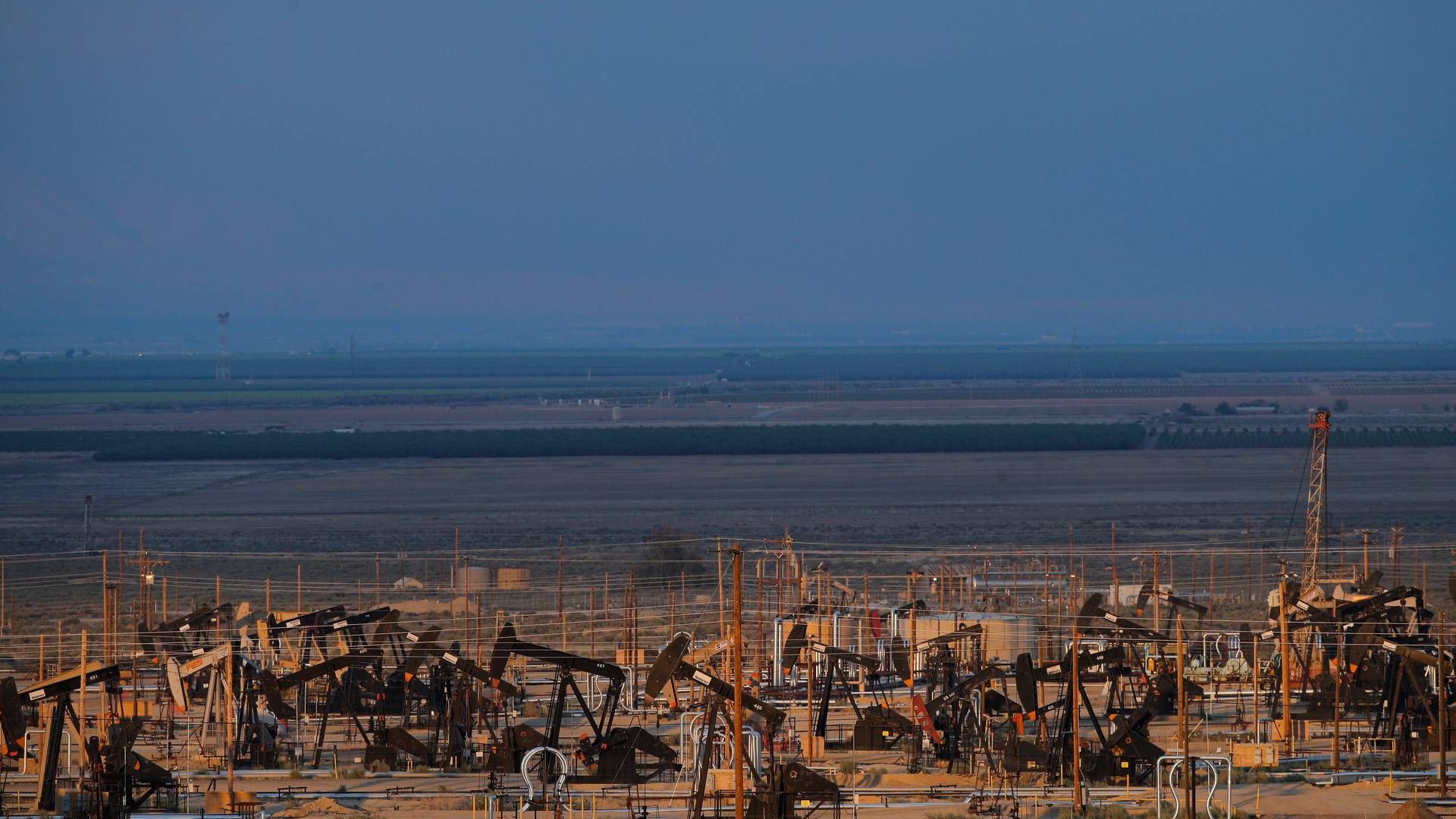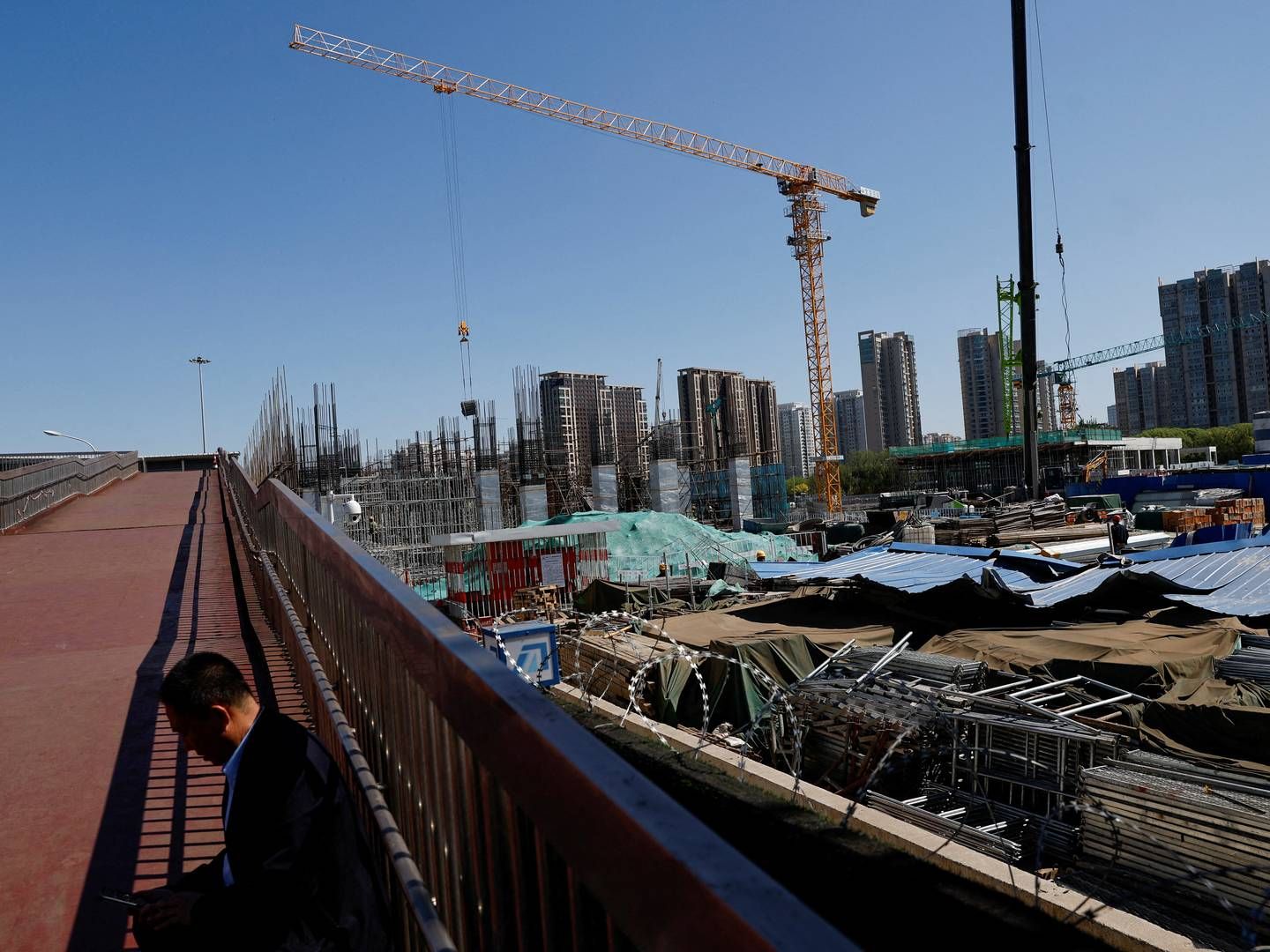Oil steady after two-day gain as supply issues blunt demand woes

Oil steadied after two days of gains with an uncertain demand outlook being partially offset by disruptions to supply from Iraq.
West Texas Intermediate traded near USD 79 a barrel after rallying around 2 percent over the previous two sessions. Fuel markets are slumping as refining margins shrink in Asia, with a hoped-for sharp rebound in China still proving elusive.
Oil shipments from Iraqi Kurdistan remain paused – causing some tankers to leave ports there empty-handed. There are also supply risks in Sudan, where heavy fighting continued between rival groups.
Russian exports remain resilient, however, despite Moscow’s earlier pledge to cut production, blunting the impact of the disruptions in the Middle East. Some Russian crude has been bought by Indian refiners above the Group of Seven-led price cap, according to India’s Oil Secretary Pankaj Jain. However, most transactions still remained below the limit, he said.
Crude is now hovering a few dollars above where it was just before the Organization of Petroleum Exporting Countries and its allies shook markets with a surprise output reduction at the beginning of April. Expectations that holidays in China next week will boost jet fuel consumption are providing some hope of an uptick in the price of oil.
“Oil is struggling to find direction at the moment with a lack of fresh catalysts and still plenty of uncertainty over the demand outlook,” said Warren Patterson, head of commodities strategy at ING Groep NV in Singapore.
Related articles
Chinese growth increases demand for dry bulk and oil
For subscribers
Oil market in surplus as Russia pumps more crude
For subscribers




















